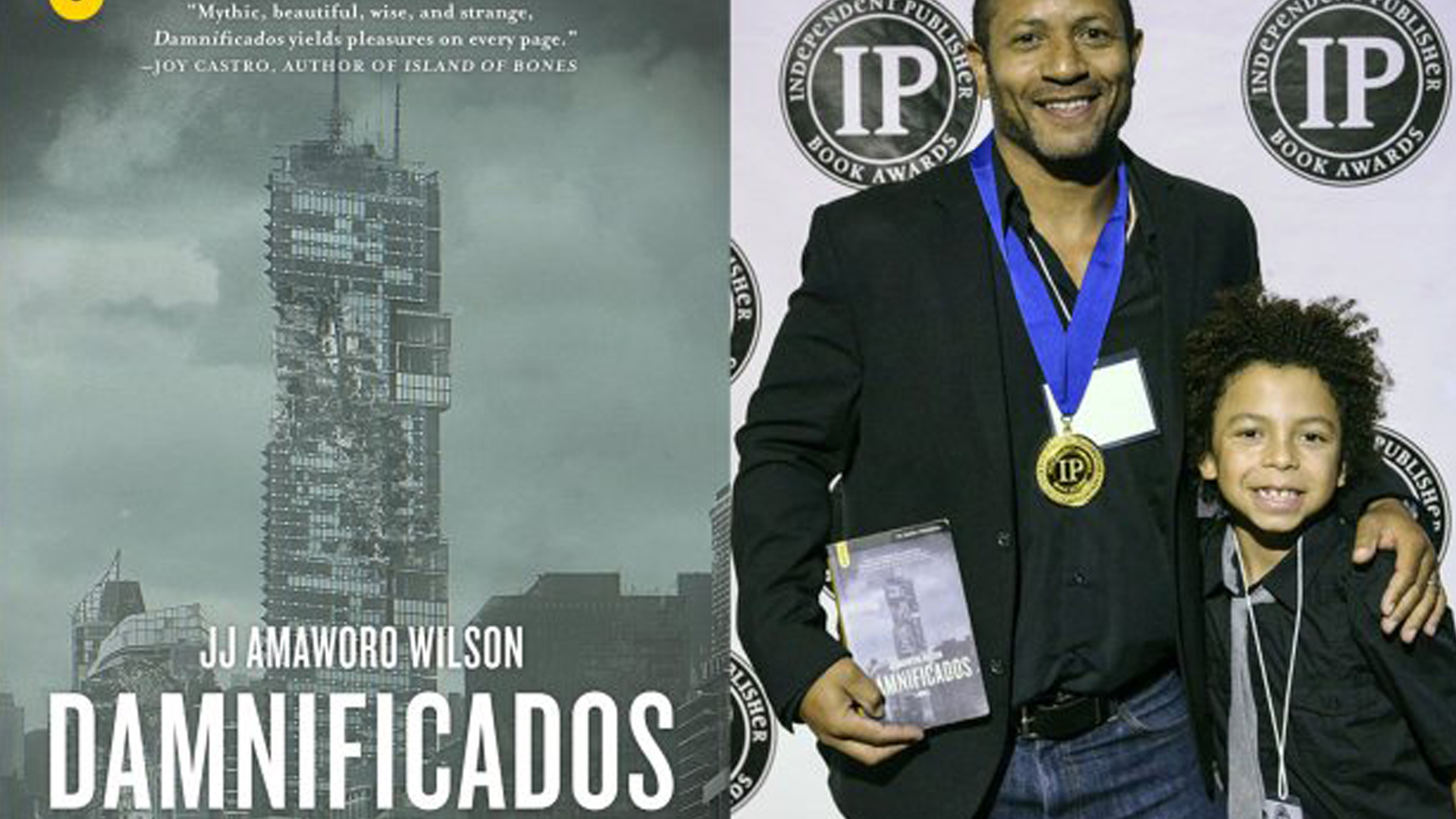by JJ Amaworo Wilson
Anyone interested in race and civil rights needs to see this film. It’s based on thirty pages of notes compiled by James Baldwin for a book about the most famous of the slain martyrs of the Civil Rights movement: Martin Luther King, Malcolm X, and Medgar Evers. The book was never written.
“I Am Not Your Negro” is narrated by Samuel L. Jackson, who reads Baldwin’s words, and it includes footage of Baldwin delivering talks to students and appearing on TV shows.
Baldwin’s voice and manner come across as those of another age. He is gentility personified with his clipped British cadences, his perma-cigarette dangling between his fingers, and his extraordinary eloquence. One wonders how he would fare if thrust onto a Black Lives Matter stage today. Probably just fine. At one point, on a live TV show, he eviscerates an MIT professor who stupidly questions why everything has to be about race.
As a writer, Baldwin was one step removed from the front lines of the battle, but make no mistake – he was central to the Civil Rights movement. His role was that of one who bears witness.
The film intersperses footage of other films – most notably movies depicting whiteness in its different forms and most memorably, John Wayne gunning down “injuns” in “Stagecoach.” Baldwin says that as a kid he rooted for the cowboys, only later realizing that he belonged to the Indians.
Among the most moving passages of this film is the moment the exiled Baldwin realizes he should return to the U.S. from Paris. The front pages of the newspapers carried the now-famous photo of 15-year-old Dorothy Counts walking to school – the first time a Black had entered a white school. This historical moment is marked by her white peers, who form a mob and spit on her.
“It made me furious, it filled me with both hatred and pity, and it made me ashamed … It was on that bright afternoon that I knew I was leaving France. I could, simply, no longer sit around in Paris discussing the Algerian and the black American problem. Everybody else was paying their dues, and it was time I went home and paid mine.“
Such cadences fill the film, for Baldwin is the poet of racial justice. “I Am Not Your Negro” sent me straight back to The Fire Next Time, Baldwin’s slim masterpiece. The description of his teenage years in Harlem, followed by a growing awareness of how his country treated its Black citizens, is riveting, just like this film.



